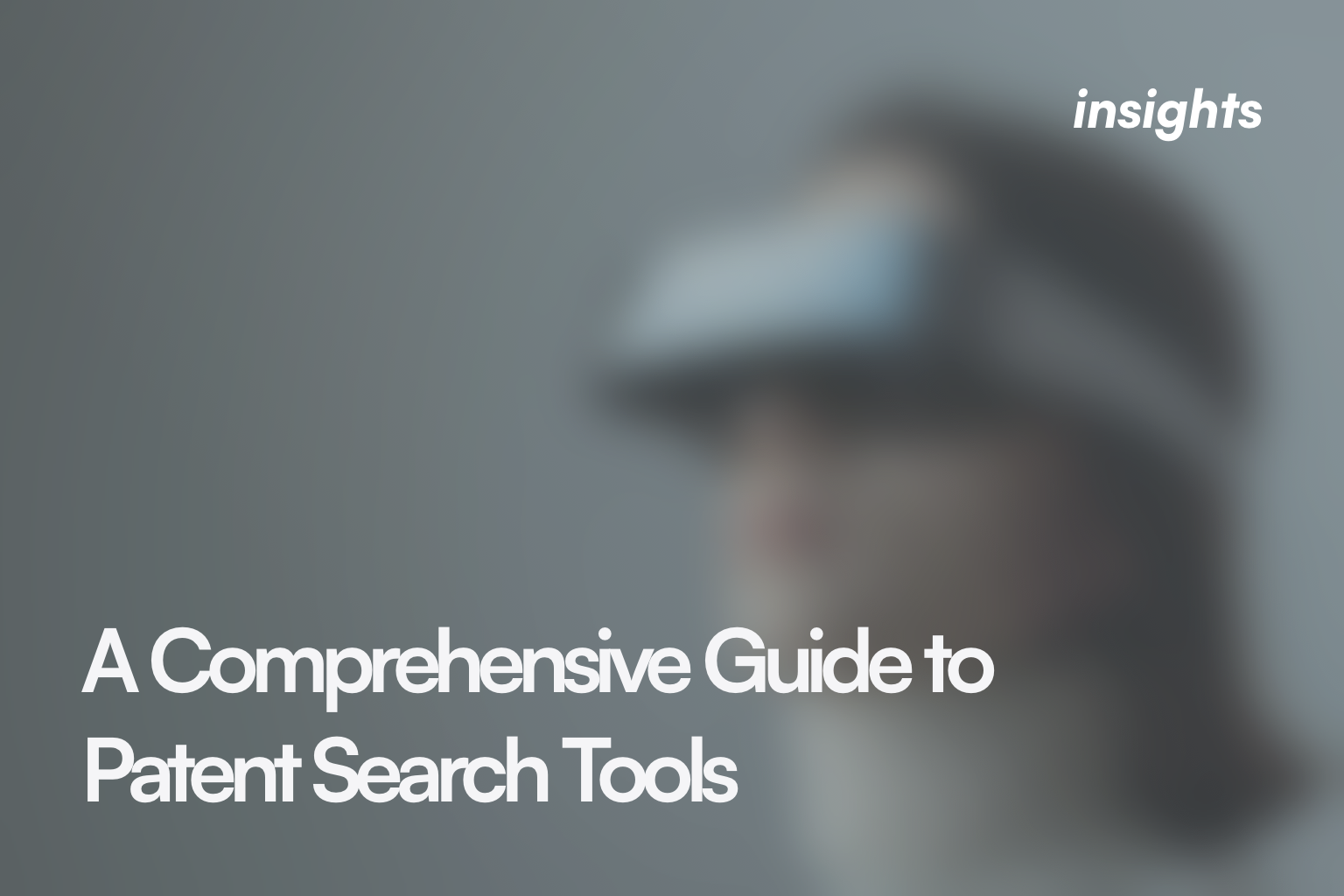
In the ever-evolving world of intellectual property, the process of prior art analysis plays a crucial role in determining the patentability of new inventions. Traditional methods of conducting prior art searches are often time-consuming and may overlook critical information due to human limitations. Enter machine learning—a subset of artificial intelligence that's transforming prior art analysis by enhancing efficiency, accuracy, and depth of insights.
At its core, machine learning involves algorithms that enable computers to learn from and make decisions based on data. In the context of patents, machine learning algorithms are trained on vast datasets of existing patents, technical literature, and other relevant documents. This training allows the algorithms to recognize patterns, understand complex technical language, and identify relevant prior art with a level of sophistication that surpasses traditional keyword-based searches.
Consider a scenario where a researcher is developing a new biotechnology process. Traditional searches might miss relevant prior art if different terminology is used. Machine learning algorithms, however, can comprehend the underlying concepts and relationships between terms, ensuring a more comprehensive search.
Enhanced Accuracy and Comprehensiveness
Traditional prior art searches rely heavily on the expertise of the individual conducting the search. While expert searchers are invaluable, human error and biases can lead to missed references. Machine learning algorithms mitigate this risk by:
Time Efficiency
Conducting a thorough prior art search manually can take weeks or even months. Machine learning accelerates this process dramatically:
Cost Reduction
The efficiency gains translate into cost savings:
Example: Accelerating Innovation with Machine Learning
Imagine a technology startup aiming to patent a groundbreaking renewable energy system. Traditionally, conducting a comprehensive prior art search could take months, delaying development and increasing costs.
By utilizing machine learning algorithms, the startup could:
This streamlined process not only accelerates innovation but also provides the startup with a competitive edge in securing intellectual property rights.
Researchers and Academics:
Patent Examiners
Machine learning is not just a technological advancement; it's a transformative force in prior art analysis and patentability assessments. By overcoming the limitations of traditional search methods, it empowers researchers, academics, and patent examiners to navigate the complex patent landscape with greater confidence and efficiency.
Embracing machine learning in prior art analysis means embracing a future where innovation is accelerated, resources are utilized effectively, and the intellectual property ecosystem functions more harmoniously.


